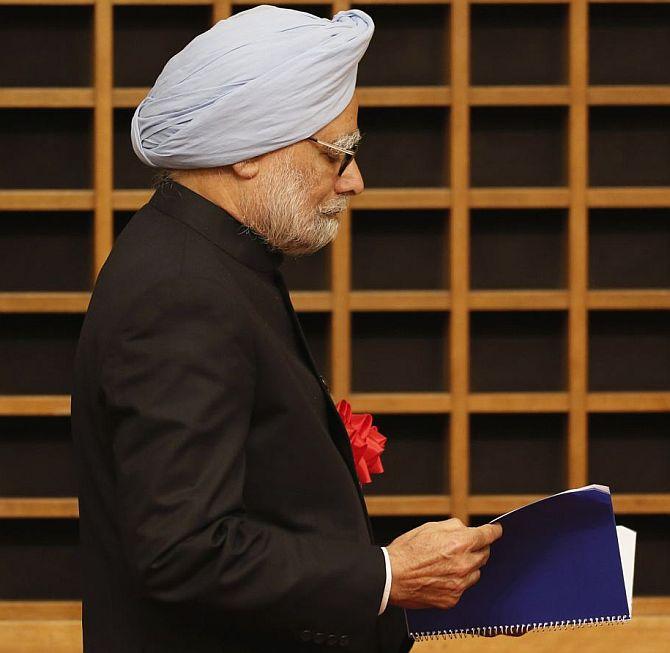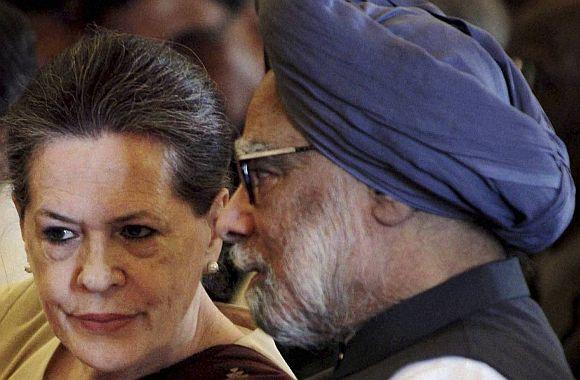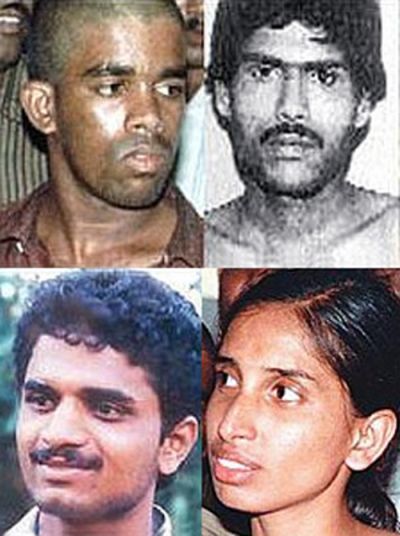
Holding that assassination of Rajiv Gandhi was an attack on India's soul, Prime Minister Manmohan Singh on Thursday said the release of his killers would be "contrary to all principles of justice" and the Tamil Nadu government has been told not to proceed with it as it is "not legally tenable".
In a statement in New Delhi, he said that no government or party should be soft in the fight against terrorism, an apparent reference to the AIADMK government in Tamil Nadu which has decided to release all the seven convicts in the assassination case after the Supreme Court commuted death sentence of three of them to life imprisonment.
"The assassination of Rajiv Gandhi was an attack on the soul of India," Dr Singh said in the statement issued soon after the government moved a review petition in the Supreme Court on the "fundamental issues of law".
"The release of the killers of a former Prime Minister of India and our great leader, as well as several other innocent Indians, would be contrary to all principles of justice," the Prime Minister asserted.
...

He said the Centre has "informed the Tamil Nadu government that their proposed course of action to release the killers of Rajiv Gandhi is not legally tenable and should not be proceeded with."
The Jayalalithaa government had on Wednesday decided to set free all seven convicts in the assassination case after the apex court had commuted the death penalty of three of them to life imprisonment.
Besides Santhan, Murugan and Perarivalan, who earned a major reprieve on February 18 from the apex court which spared them from gallows, Nalini, Robert Pious, Jayakumar and Ravichandran are the other four convicts whose release was decided by the Tamil Nadu government.
Santhan, Murugan and Perarivalan are currently lodged in the Central Prison, Vellore, in Tamil Nadu and they are in jail since 1991.
...

Nalini, Robert Pious, Jayakumar and Ravichandran, are undergoing life sentence for their role in the assassination of Gandhi on May 21, 1991 in Sriperumbudur.
The Supreme Court had commuted the death sentence of Murugan, Santhan (both Sri Lankan Tamils) and A G Perarivalan on the ground of 11 years delay in deciding their mercy pleas by the Centre.
It had also rejected the Centre's submission that there was no unreasonable delay in deciding their mercy plea and the condemned prisoners did not go through agonising experience as they were enjoying life behind the bars.
Gandhi's assassins were convicted by a TADA court in January 1998 and were awarded death sentence, which was confirmed by the apex court May 11, 1999.